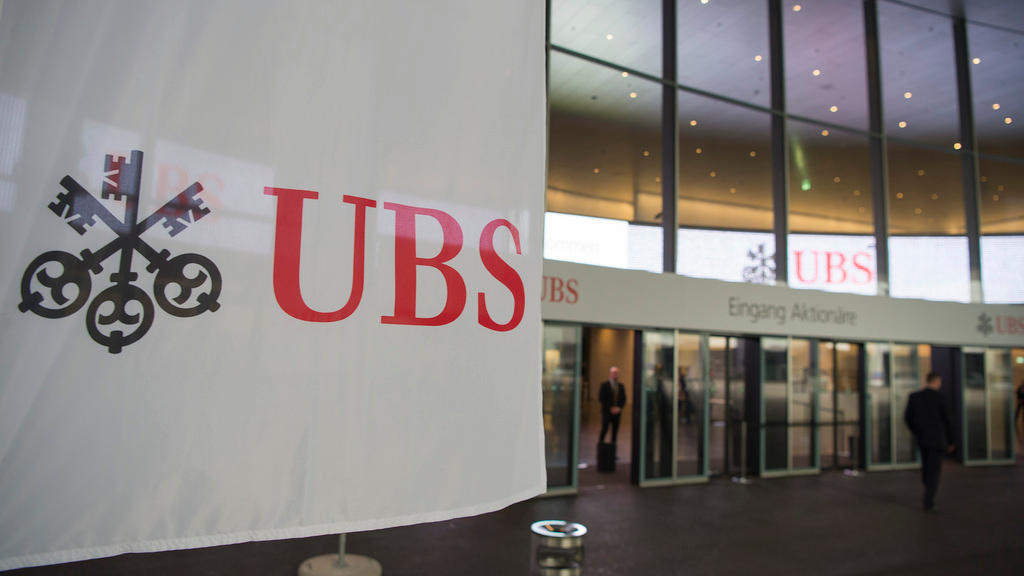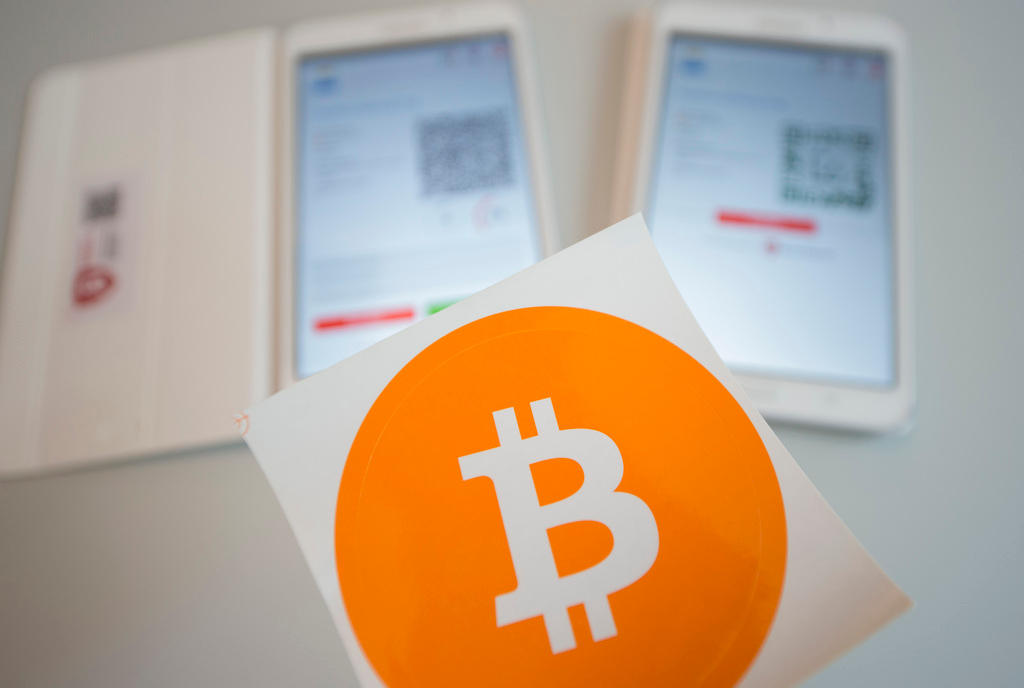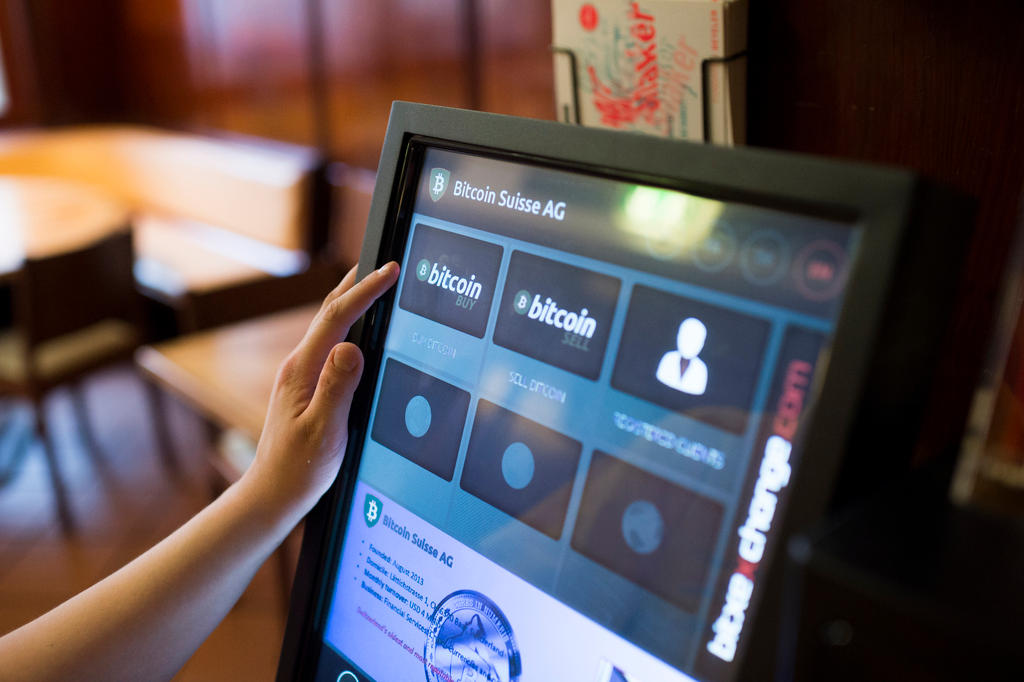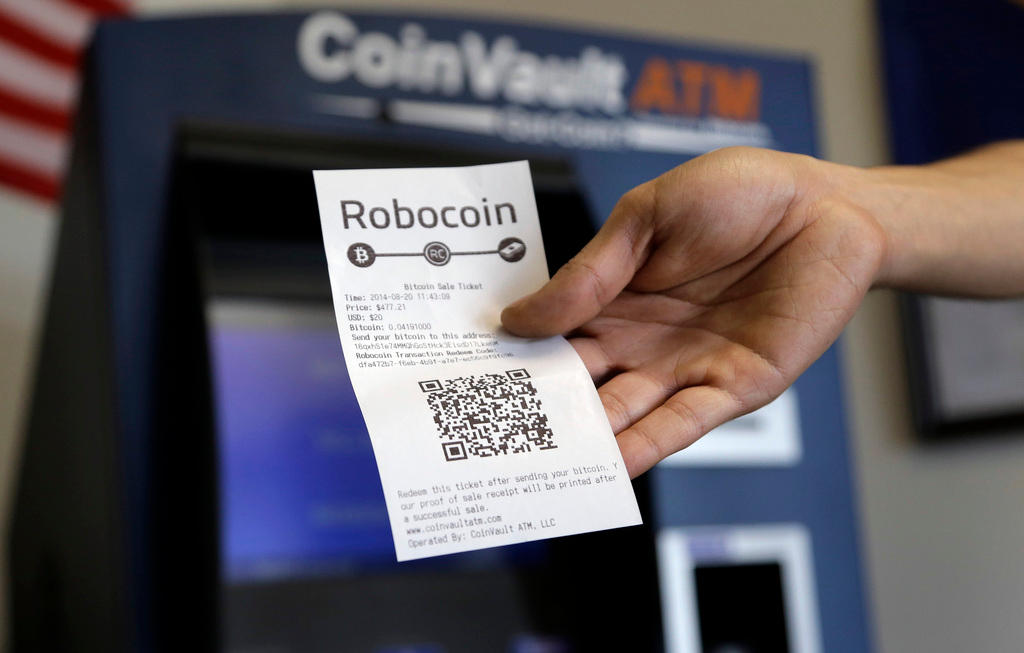UBS steps closer to rolling out digital currency

UBS has teamed up with four financial partners to test a new digital currency that could improve trading efficiency using blockchain technology. The Utility Settlement Coin (UTS) could be in operation within two years if it receives regulatory approval.
Switzerland’s largest bank started work on the project last autumn with British-based financial technology company Clearmatics. Three international banks – BNY Mellon, Santander and Deutsche Bank – plus brokerage firm ICAP have now joined forces with UBS to push it onto the market.
Before that can happen, the project will have to clear the important hurdle of regulatory approval. The consortium is currently lobbying regulators and central banks to allow trading using the digital currency. One of the arguments being used is that security will be improved given the transparency of blockchain.
UTS backers are convinced of the benefits of using the digital currency to trade anything from securities, derivatives, bonds and equities. The current clearing and settlement system is viewed as cumbersome in comparison, taking up to three days to clear a trade and tying up cash in the process.
This is estimated to cost the global financial system up to $80 billion (CHF77 billion) per year. The blockchain-distributed ledger would allow trades to be executed in real time, saving both time and money, its supporters argue.
UTS is designed to be converted into any major global currency. Each unit of digital cash will be backed by the corresponding value of conventional currencies that will be lodged in central banks as collateral.
Having displayed initial scepticism about blockchain and digital currency at first, several banks are now enthusiastically pursuing the new technologies. Goldman Sachs, Citigroup and JP Morgan are among the banks also working on their own rival digital currency solutions for cross-border financial trading.
None of these digital currencies is in direct competition with Bitcoin – the world’s first digital currency that has been adopted by many retail consumers – as they would be restricted to institutional users conducting large-scale and complex trades.

In compliance with the JTI standards
More: SWI swissinfo.ch certified by the Journalism Trust Initiative




You can find an overview of ongoing debates with our journalists here. Please join us!
If you want to start a conversation about a topic raised in this article or want to report factual errors, email us at english@swissinfo.ch.